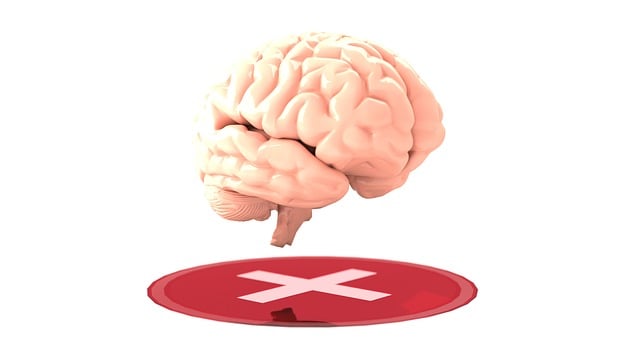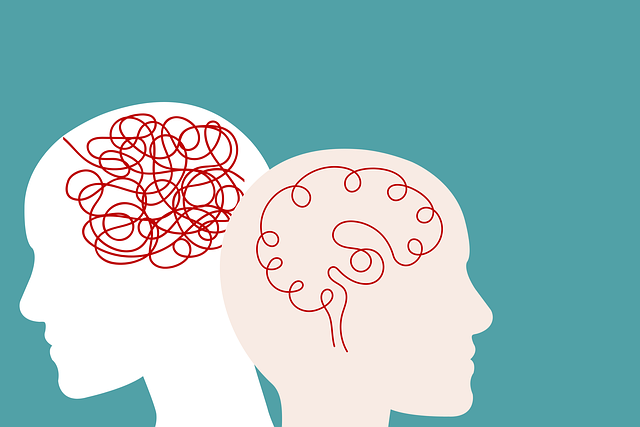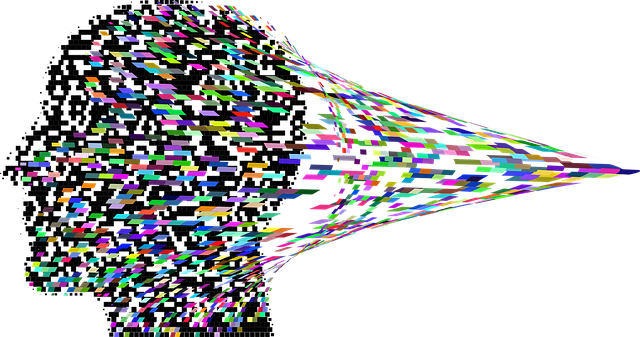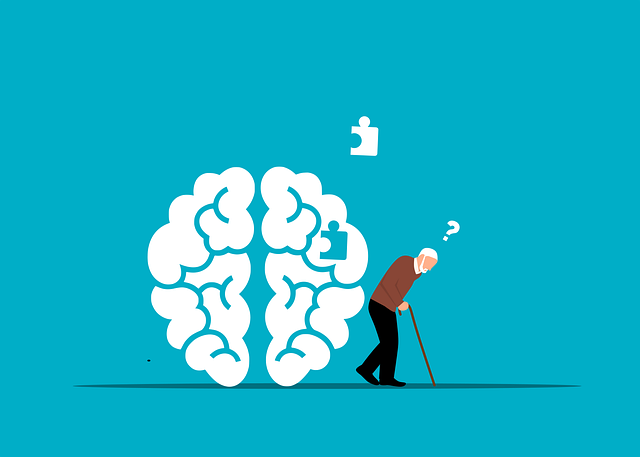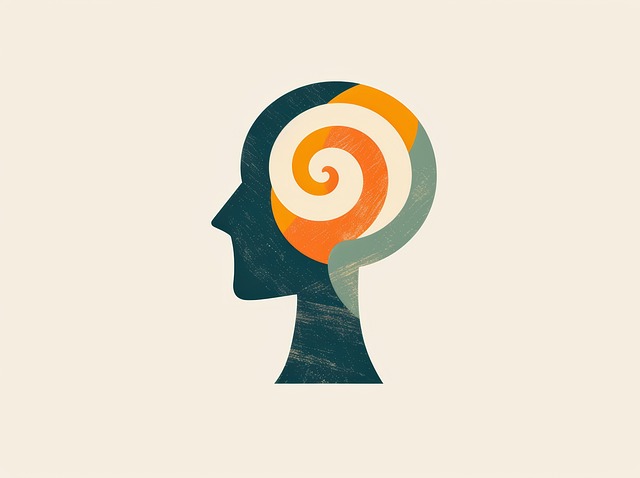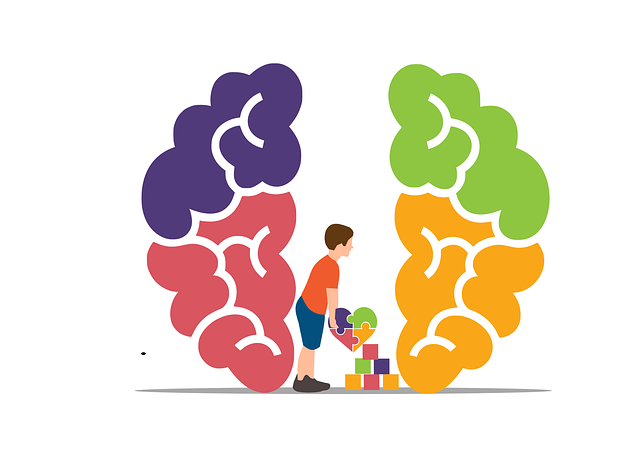Mental wellness apps, powered by Golden Chronic Illness Therapy (GCIT), are transforming mental health care in the digital age. These apps address chronic illness challenges through personalized self-care routines, emotional regulation techniques, and monitoring tools, empowering users to manage symptoms effectively. By identifying specific needs, incorporating engaging features, prioritizing privacy, and collaborating with experts, these apps bridge gaps between patients and care providers. The growing demand for accessible therapy, driven by technological advancements and destigmatization efforts, promises a bright future for the mental wellness app market, with AI, VR, gamification, and community outreach leading the way.
In today’s digital age, mental wellness app development is revolutionizing access to therapeutic support. This article explores the intersection of technology and well-being, delving into the impact of mental health on daily life and the potential of digital tools. We introduce the innovative concept of Golden Chronic Illness Therapy, a modern approach that leverages apps for improved care. Through an in-depth look at the development process, market trends, and future prospects, we uncover how these applications are transforming lives.
- Understanding Mental Wellness and Its Impact on Daily Life
- The Role of Digital Tools in Therapies: A Modern Approach
- Golden Chronic Illness Therapy: An Innovative Concept
- App Development Process for Mental Health Support
- Market Trends and Future Prospects for Wellness Apps
Understanding Mental Wellness and Its Impact on Daily Life

Mental wellness is a fundamental aspect of overall health and well-being, encompassing our emotional, psychological, and social state. It affects how we think, feel, and act in daily life, impacting our ability to cope with stress, make choices, and relate to others. Recognizing the importance of mental wellness is crucial in today’s fast-paced world, where demands on our time and energy can be overwhelming.
Understanding mental wellness involves acknowledging that it is not merely the absence of mental illness but a spectrum of positive and negative experiences. Golden Chronic Illness Therapy, for instance, focuses on integrating self-care practices into daily routines to manage stress and promote resilience. By prioritizing mental health awareness, individuals can develop effective coping strategies, enhance their overall well-being, and lead more fulfilling lives. This is especially important given the growing recognition of mental health issues as common chronic illnesses, underscoring the need for accessible and personalized solutions, such as innovative mobile apps designed to support mental wellness.
The Role of Digital Tools in Therapies: A Modern Approach

In today’s digital era, mental wellness app development has emerged as a powerful tool to enhance traditional therapies, offering innovative solutions for various conditions, especially chronic illness. These apps provide accessible and often personalized support systems, bridging the gap between patient and care provider. By integrating features such as emotional regulation techniques and empathy-building strategies, they facilitate emotional healing processes, making therapy more engaging and effective.
The use of digital tools in Golden Chronic Illness Therapy (GCIT) allows for continuous monitoring and immediate intervention, catering to the unique needs of each individual. Through interactive exercises and real-time feedback, these apps foster self-awareness and coping mechanisms. This modern approach not only complements traditional therapy but also empowers users to take an active role in managing their mental health, revolutionizing the way we perceive and treat emotional challenges.
Golden Chronic Illness Therapy: An Innovative Concept

Golden Chronic Illness Therapy is an innovative concept that revolutionizes mental wellness app development. This approach recognizes the unique challenges faced by individuals living with chronic illnesses and offers tailored support through a holistic blend of mental wellness journaling exercise guidance, self-care practices, and personalized routines. By integrating these strategies, apps can empower users to manage their symptoms effectively while fostering a sense of resilience and well-being.
The concept goes beyond traditional therapy by focusing on proactive self-self-care routine development for better mental health. It encourages users to actively participate in their healing process, providing them with practical tools and insights to navigate the complexities of chronic illness management. This innovative approach has the potential to transform the way we address mental wellness, making it more accessible and impactful for those who need it most.
App Development Process for Mental Health Support

The development of a mental wellness app, particularly one focused on chronic illness therapy, involves a strategic and user-centric approach. It begins with identifying specific needs within the mental health community, such as effective burnout prevention strategies for professionals or tools to support individuals living with long-term conditions. For instance, incorporating features like daily mood tracking, mindfulness exercises, and personalized coping mechanisms can address common challenges related to chronic illnesses.
In this process, careful consideration is given to privacy and security aspects, especially when dealing with sensitive user data. The app’s design should promote an engaging yet calming user experience, encouraging consistent use. Moreover, integrating evidence-based practices and collaborating with mental health experts ensures the app’s efficacy in supporting users’ well-being, whether it aids in managing symptoms, promoting self-care practices, or facilitating connections to relevant resources and communities.
Market Trends and Future Prospects for Wellness Apps

The market for mental wellness apps is experiencing a surge, reflecting a growing awareness and demand for accessible therapeutic solutions. According to recent trends, users are increasingly turning to digital platforms as complementary tools for managing stress, anxiety, depression, and even chronic illnesses like diabetes or hypertension (Golden Chronic Illness Therapy). This shift is not only driven by technological advancements but also by a societal push to destigmatize mental health issues.
Looking ahead, the future of wellness apps holds promising prospects. The integration of artificial intelligence, virtual reality, and gamification techniques promises to enhance user experiences, making therapy more engaging and effective. Additionally, community outreach program implementations and emotional intelligence-focused features can further contribute to mental illness stigma reduction efforts by fostering support networks and encouraging self-care practices.
The development of mental wellness apps, particularly innovative concepts like Golden Chronic Illness Therapy, signifies a promising shift in addressing mental health challenges. By leveraging digital tools and staying attuned to market trends, developers can create effective, accessible, and personalized solutions that enhance well-being. As the demand for such apps continues to grow, embracing modern approaches in therapy through technology will be key to improving mental health support globally.

